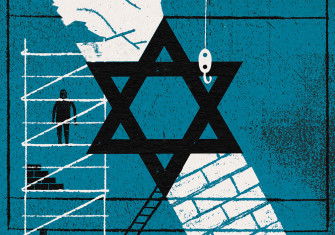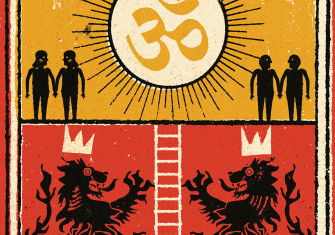Sudan’s Third Revolution
The revolt against President Omar al-Bashir is not the first in Sudan’s history, but it is the first since Africa’s former largest country split in two.

On 11 April 2019, Sudan’s President Omar al-Bashir was overthrown by a popular revolution ending almost three decades in power. After tens of thousands of protesters encircled the military headquarters in the capital Khartoum, ten generals stepped in to remove their former boss, establishing a Transitional Military Council, ostensibly to pave the way for civilian rule. The young protesters had braved tear gas, truncheons and bullets throughout the country; they were following in the footsteps of their parents and grandparents, who had toppled unpopular military leaders in 1964 and 1985. In deposing Bashir, the protesters had achieved what rebel groups, foreign pressure and even indictments for genocide from the International Criminal Court had not managed.
The Sudanese are proud of their revolutionary history, and rightly so – but previous revolutions did not bring about the change the country desperately needed.







